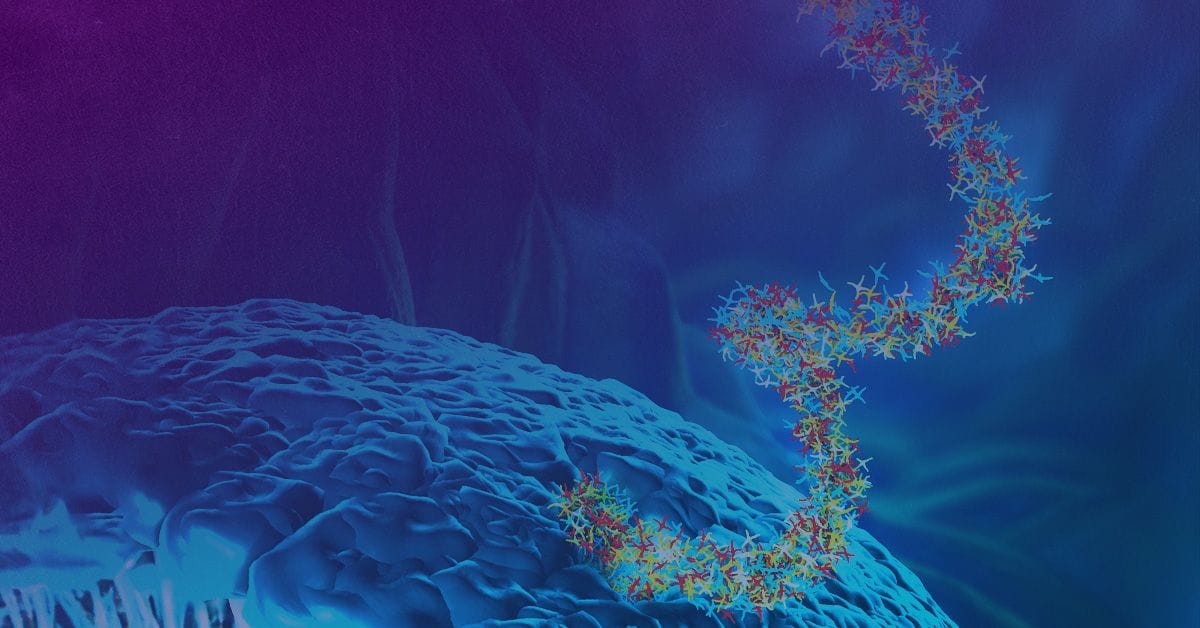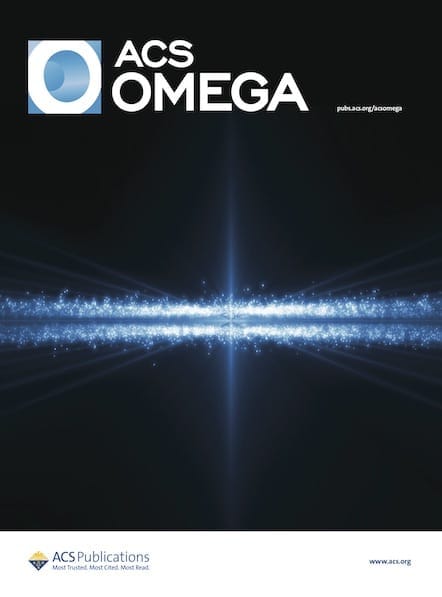This Special Issue will showcase studies about the elucidation of the 3D structures of ligands, proteins, and their complexes, from the methodological perspective to the applications of the acquired knowledge. Submit your manuscript by July 31, 2024.

Three-dimensional (3D) structures are crucial in modern medicinal chemistry and chemical biology. By providing crucial insights into molecular interactions and biological systems, they are instrumental in drug discovery, optimization, and the study of complex biological processes. Advances in computational and experimental techniques continue to drive progress in these fields by enabling the accurate determination and manipulation of 3D molecular structures.
However, there remain many challenges in working with 3D structures, including computational complexity, structural flexibility, data availability, protein-protein interactions, data integration, and experimental validation, among others. Addressing these challenges often involves interdisciplinary collaboration between chemists, biologists, computational scientists, and structural biologists. Advances in computational techniques, experimental methods, and data sharing can help overcome many of these obstacles and contribute to the development of innovative drugs and therapies.
This Special Issue in ACS Omega will showcase studies about the elucidation of the 3D structures of ligands, proteins, and their complexes, from the methodological perspective to the applications of the acquired knowledge.
Emphasis will be given to:
- Fundamental scientific and technological advances in the field
- Case studies of structure-function studies, highlighting novel developments and concepts, including initiatives to deal with allosterism, and/or
- Advanced demonstrations for challenging systems, with emphasis on on-cell and in-cell investigations or mimetic environments
Authors are encouraged to describe in their cover letters how submissions align with emphasis area(s).
We invite Articles, Mini-Reviews, Reviews, or Perspectives on all topics relating to 3D structures, including (but not limited to):
- Molecular Modeling. Concepts, Methodologies, and Applications. The combination of computational results with experimental techniques will be appreciated.
- Molecular Recognition and 3D Structure of Receptor-Ligand Complexes. The use of state-of-the-art techniques in X-ray crystallography, NMR spectroscopy, and cryo-electron microscopy or combinations of them. How the acquired knowledge allows explaining molecular mechanisms of biological events.
- Chemical Biology. Disentangling molecular mechanisms of biological events: from isolated molecular entities to chemistry on-cell and in-cell.
Organizing Editors
Jesús Jiménez-Barbero, Senior Editor, ACS Omega
CIC bioGUNE, Spain
Carolina Horta Andrade, Associate Editor, ACS Omega
Universidade Federal de Goiás, Brazil
Christian Lorenz, Associate Editor, ACS Omega
King's College London, United Kingdom
Submission Information
We welcome submissions for this Special Issue through July 31, 2024. All manuscripts will be peer-reviewed to ensure they fit the scope and meet the high scientific publishing standards of ACS Omega prior to acceptance. If your paper is accepted, your work will be highlighted as a significant contribution to this growing field of exploration. As ACS Omega is a fully open access journal, your paper will be available to anyone, at anytime, anywhere in the world.
Accepted publications will go online as soon as possible after acceptance and be published in the next available issue. In the Fall of 2024, the publications on this topic will be gathered into a Special Issue on a dedicated webpage and promoted as a Collection.
If you have any general questions regarding submission to this Call for Papers, please contact Professors Carolina Horta Andrade, Christian Lorenz, or Jesús Jiménez-Barbero.
How to Submit
- Log in to the ACS Paragon Plus submission site
- Choose ACS Omega as your journal
- Select your manuscript type
- Under the ‘Special Issue Selection’, choose ‘3D Structures in Medicinal Chemistry and Chemical Biology.'
Please see our Author Guidelines for more information on submission requirements. The deadline for submissions is July 31, 2024.
